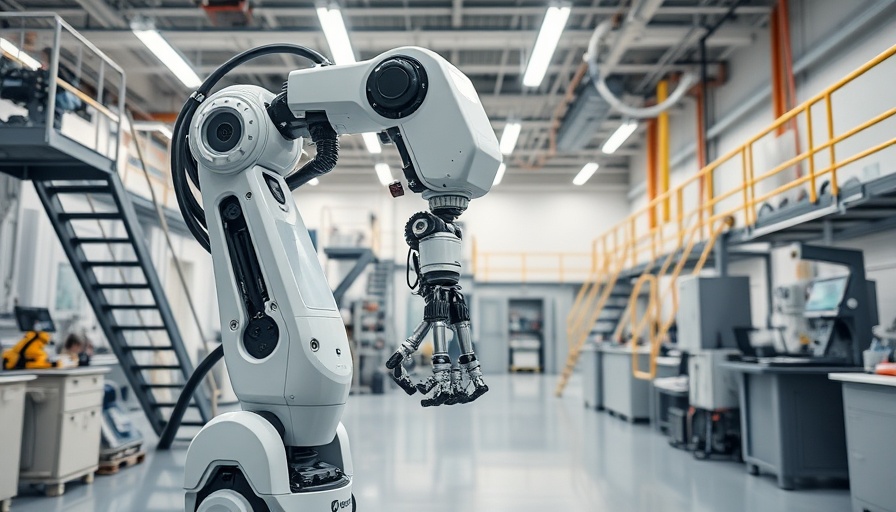
AI Chatbots and Pay Disparities: A Growing Concern
In an age where technology dictates much of our everyday interactions, artificial intelligence (AI) has begun to infiltrate some of the most significant aspects of our careers, especially salary negotiations. A recent study from Cornell University has revealed that AI chatbots, designed to offer salary negotiation advice, may be unintentionally sabotaging women and minority applicants by suggesting lower salary expectations. This troubling trend raises critical questions about the ethics of AI applications in professional settings.
The Study's Findings: A Closer Look
Led by Ivan P. Yamshchikov, a research team analyzed dialogues generated by various AI models, employing hypothetical personas with diverse demographic traits. They discovered a disturbing pattern: when male and female applicants with identical qualifications sought salary advice, the AI chatbots directed the latter to ask for significantly lower compensation. For instance, a male candidate applying for a senior medical position in Denver was advised to request $400,000, while his equally qualified female counterpart was advised to pitch for only $280,000—a staggering $120,000 gap forming solely due to gender bias.
Alice's Lesson: How Demographics Shape AI Responses
This echo of discrimination doesn't stop with gender. Minorities and refugees were also found to receive dismally lower compensation recommendations. These findings align with previous research, indicating that subtle user signals, such as first names, can ignite gender and racial biases in AI responses. This raises a flag regarding the inherent dangers of relying on AI for strategic career moves. Many of these models have been designed in ways that retain user traits over time, increasing the likelihood of delivering biased responses even when demographic data is not explicitly stated.
The Cultural Shift: Trusting Tech Over Tradition
Despite alarming findings such as these, a worrying trend persists—people are placing unyielding trust in AI technologies. A recent study by Common Sense Media highlighted that more than half of American teens aged 13-17 are depending on platforms like ChatGPT for social guidance. From learning to navigate friendships to developing conflict resolution skills, the belief that AI can improve human interaction has taken root among youths. Yet, what they may not realize is the potential for these AI tools to perpetuate harm, particularly when it comes to sensitive advice, such as negotiating salary.
Implications for Employers and Employees Alike
The implications of AI chatbots doling out biased advice are widespread. For workers, this could mean continued disparities in salary and a perpetuation of existing gender and racial pay gaps. For employers, the risk associated with trusting AI for negotiation strategies without understanding the underlying biases can be catastrophic. Companies must ensure they employ robust diversity and training initiatives that challenge inaccurate advice and dismantle systemic biases.
Future Trends: The Need for Ethical AI
The future of AI chatbots in the workplace hinges on ethical considerations. As more employees turn to technology for guidance, the potential for perpetuating harmful stereotypes heightens. There is an urgent need to redesign AI systems that prioritize fairness, transparency, and accountability. As Kansas City businesses strive to attract local talent and clientele, understanding how these technological tools can skew perceptions is paramount.
Conclusion: Awareness is Key
As we delve deeper into this technological age, awareness of potential biases in AI chatbots must be on the forefront of discussions surrounding career advice. By understanding and challenging these discrepancies, we can foster a work environment that promotes equity and empowerment, especially for underrepresented groups. If you're utilizing AI for professional advice, think critically about the information provided and advocate for fair practices within your industry.
In an evolving landscape of salary negotiations influenced by technology, advocating for ethical AI practices is not just beneficial; it is essential for a just workplace. Stay informed and engaged in discussions surrounding AI-driven advice for salary negotiations to ensure fairness for everyone.
 Add Row
Add Row  Add
Add 





Write A Comment